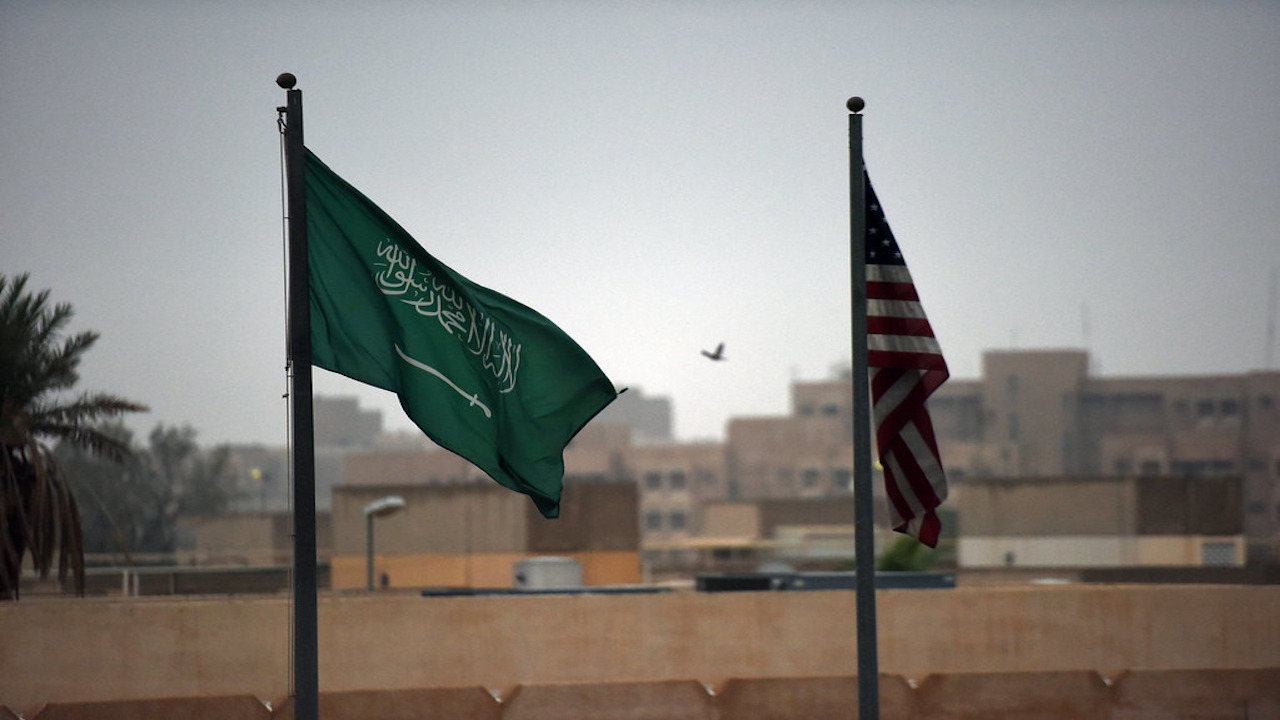Date first published: 18/10/2022
Key sectors: energy; military; economy
Key risks: policy; economic
Risk development
On 5 October OPEC+ members, spearhead by Saudi Arabia, decided to cut oil production in a bid to raise falling prices. Non-OPEC member countries, including Russia, are part of OPEC +. The United States (US) immediately responded by accusing the Saudi-led OPEC of aligning with Moscow. While the decision will indirectly help Russia fund its war in Ukraine, the merits of the US claim are debatable. Rather than an alignment with Russia, the move to cut oil production signals a recalibration of Riyadh’s foreign relations towards a middle ground, where interests trump allegiance to any given side.
Why it matters
The decision to slash production was the latest episode in deteriorating US-Saudi relations. US officials had reportedly asked their Saudi counterparts to delay the decision for a month to mitigate the impact that it could have on the Biden administration during the November midterm elections.
Although Riyadh has claimed that the decision was purely economic with no political motives, bilateral ties are expected to be affected. Following the announcement, President Joe Biden vowed to review US-Saudi relations and lawmakers called for the withdrawal of troops and missile defence systems deployed in the Arabian Peninsula and for a freeze of US arms sales to the kingdom.
Saudi Arabia has been a cornerstone of US policy in the Middle East. However, with Washington recently showing signs of disengagement, this latest confrontation risks accelerating the redrawing of the geopolitical map in the region.
Background
Along with Israel, Saudi Arabia is the historical and critical US partner in the Middle East. Diplomatic, economic and security ties with the US have underpinned the kingdom’s development. Riyadh has heavily relied on the security provided by Washington against its regional rivals in exchange for a steady supply of oil and political and logistical support for US policy in the region.
Since the assassination of Saudi journalist Jamal Khashoggi, allegedly at the behest of Mohammed bin Salman (MBS), de facto ruler of Saudi Arabia, the US political establishment has increasingly expressed disapproval of US affiliation to Riyadh. During the 2020 presidential campaign, then-candidate Biden took a staunch position against the kingdom and called for a re-evaluation of the relationship.
Risk outlook
Saudi Arabia is likely to re-assess its security policy given its declining confidence in the US’s commitments in the region. The recent erosion of bilateral ties has undoubtedly forced the Saudis to recognise the negative implications of overreliance on US support for its security.
For Washington, any change in the relationship would have to balance the desire to send a message to Riyadh with the value the Saudis provide in advancing US security and economic interests. However, given the risk of losing stable staging points for military operations and a steady buyer of US arms weighing heavy in the balance, Biden is unlikely to take measures that would lastingly alienate the Saudis.
Riyadh may well realise that its long-term security and economic interests will be best served by building and strengthening alliances outside of the US’s sphere of influence. Saudi diplomats have recently been quietly trying to restore diplomatic ties with Iran – its main regional rival. It appears that the kingdom – once uncompromising towards Tehran – now sees promise in diplomacy. Improved ties with Russia and the latest OPEC+ decision is testament to this fresh approach.



